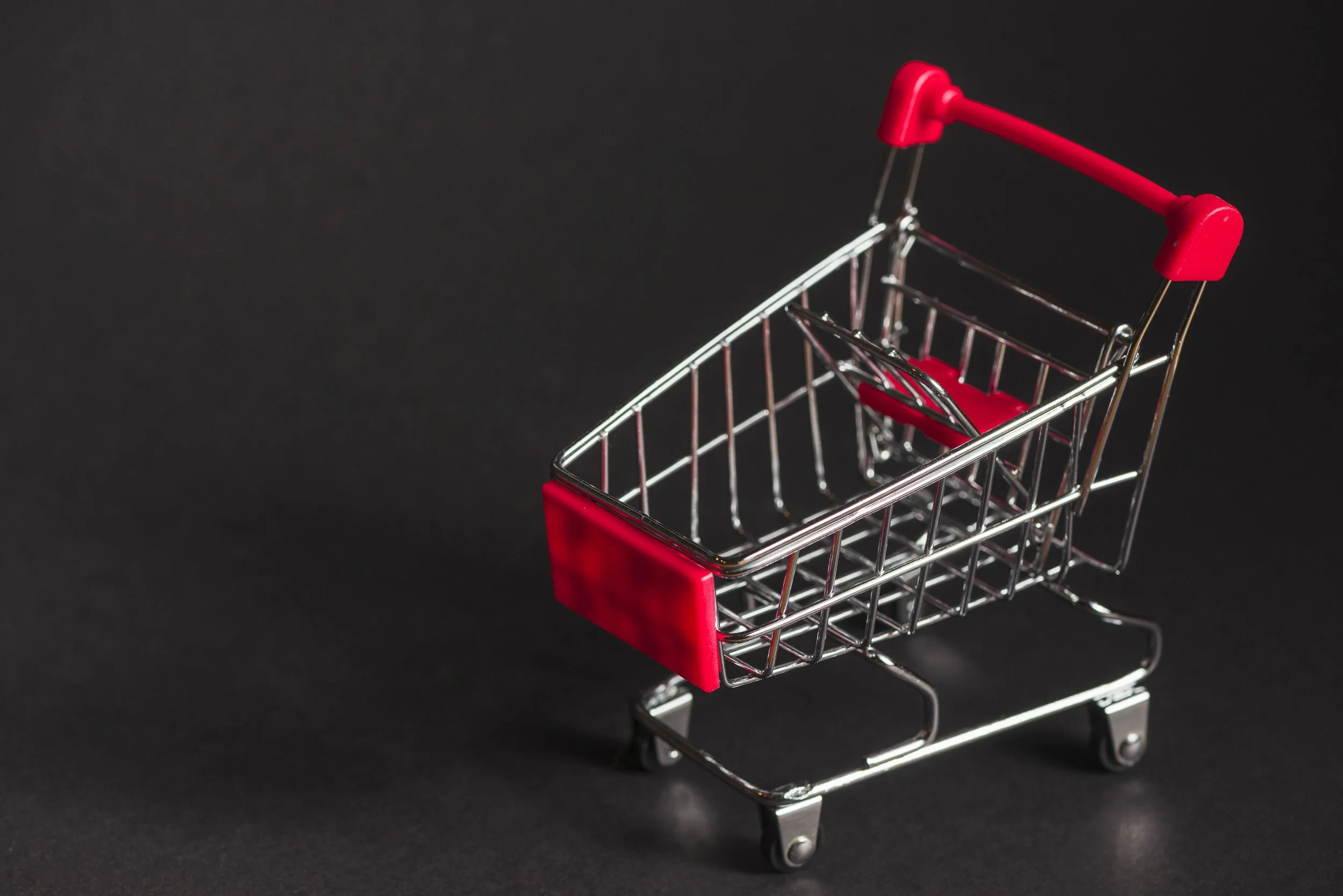Shopping carts used to use wood
People avoided the first shopping carts designed by Piggly Wiggly owner, Sylvan Goldman, in 1940.
It was a foldable, double-decker carriage that used two removable wire baskets placed on a wooden frame with wheels. People thought it looked like a baby stroller, so they continued using hand baskets.
Sylvan hired greeters to explain the carts to customers and even hired people to walk around the store with them. His strategy worked and within a few years he was selling them across the country.
Telescoping carts we're most familiar with today were designed 6 years later by Orla Watson. Sylvan tried to file a claim for a similar patent around the same time but eventually gave up. Orla granted licensing rights to Goldman to sell similar carts so long as he received royalties.
Orla's carts were revolutionary, including a children's seat and swinging rear panel to nest unused carts. Many other iterations have been developed, including wheel locks or Aldi's coin deposit design. The more recent iteration that stands out the most to me is Design Continuum's design of Target's shopping carts.
Led by Allan Cameron, this design was focused on being more buyer and user friendly. Here are some notable design details:
They don't rust in the rain.
They're made from recycled plastics.
Interchangeable components make for easy repair.
The rounded, plastic body make them less likely to dent vehicles.
Despite being bulkier, they weigh about 20 lbs less than traditional carts.
The child seat is safer and more comfortable due to softer materials and a sturdier build.
Hand rails run all the way around the top of the cart, so it's easier to push from a larger variety of angles.
Shopping carts for the most part are the same across the U.S. You've certainly used a shopping cart manufactured by any of these companies: Unarco (Walmart), Versacart (Kroger, Safeway, Whole Foods and Ace Hardware) and Costco, who designs their own carts.
Yet, when companies do invest in better designs, it stands out, improves user experience and reflects higher quality on to the store. We've come a good way since Sylvan and Orla's designs, but Target’s carts prove there's still room for improvement. Who knows, maybe smart shopping carts will catch on.
Sylvan Goldman shopping cart patent.


